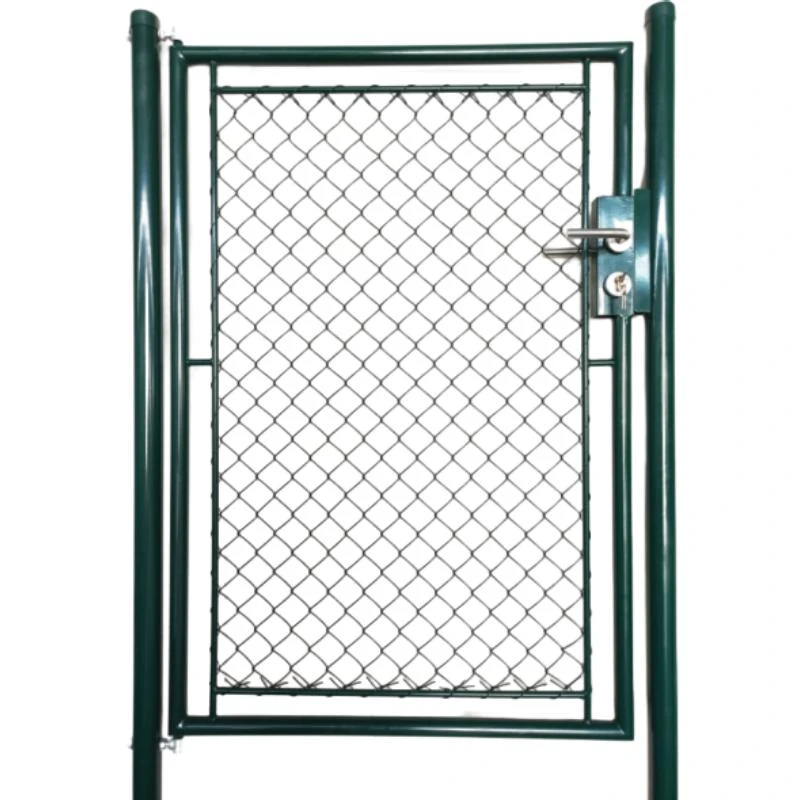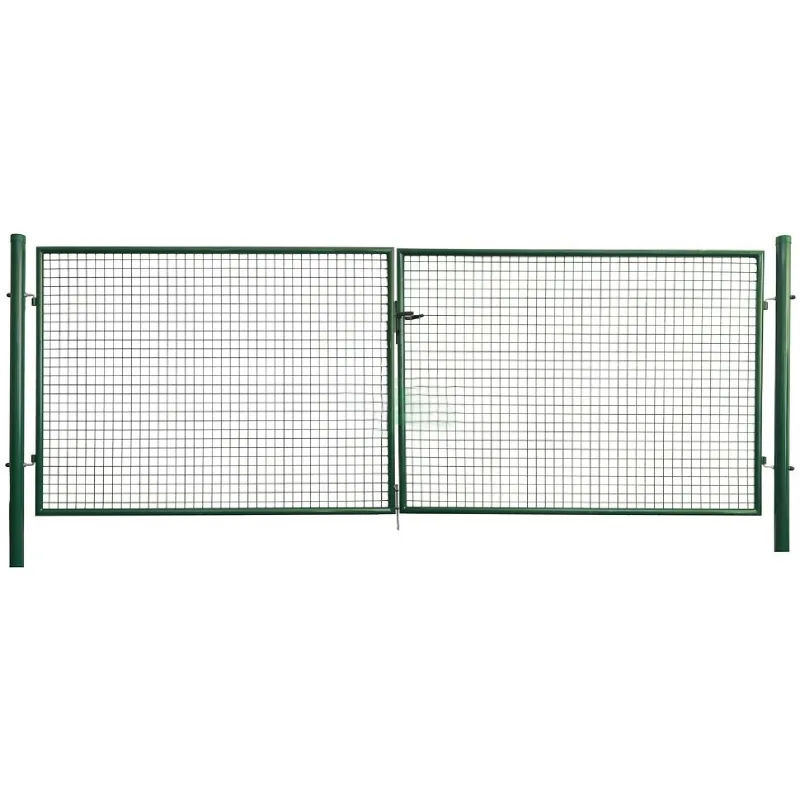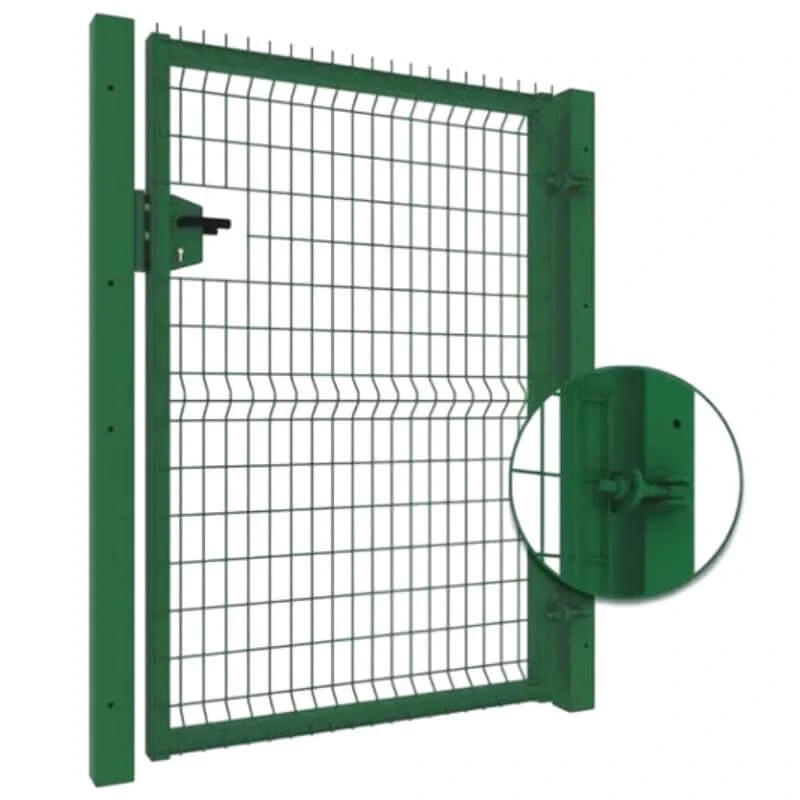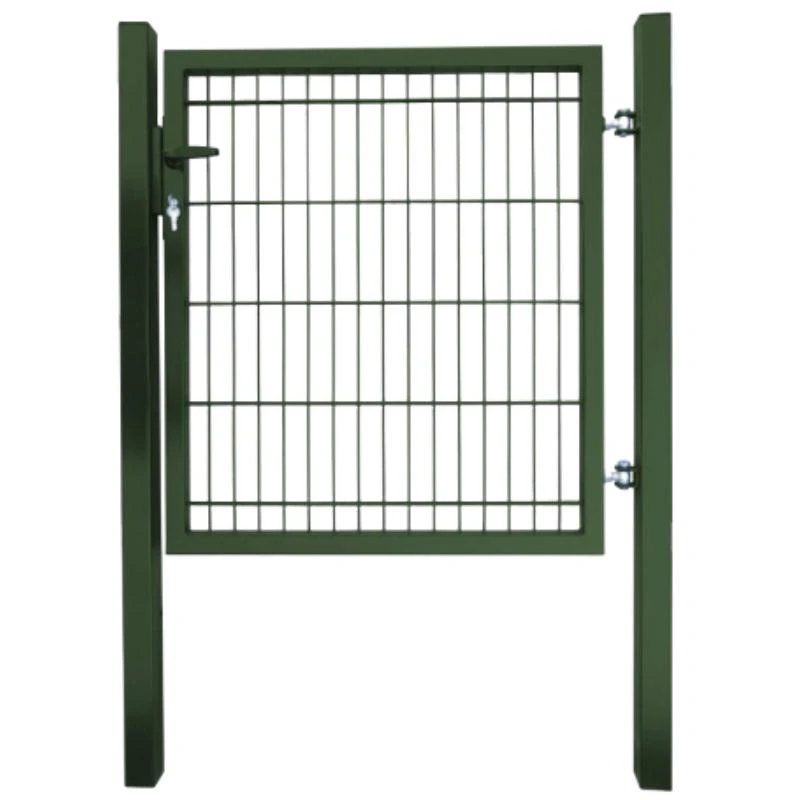-
E-mail:zhao@hyliec.cn
-
Tlf.:+86 311 85273988
-
WhatsAPP:8613931128750
-
 afrikansk
afrikansk -
 albansk
albansk -
 amharisk
amharisk -
 arabisk
arabisk -
 armensk
armensk -
 aserbajdsjansk
aserbajdsjansk -
 baskisk
baskisk -
 hviderussisk
hviderussisk -
 bengalsk
bengalsk -
 bosnisk
bosnisk -
 bulgarsk
bulgarsk -
 catalansk
catalansk -
 Cebuano
Cebuano -
 korsikansk
korsikansk -
 kroatisk
kroatisk -
 tjekkisk
tjekkisk -
 dansk
dansk -
 hollandsk
hollandsk -
 engelsk
engelsk -
 Esperanto
Esperanto -
 estisk
estisk -
 finsk
finsk -
 fransk
fransk -
 frisisk
frisisk -
 galicisk
galicisk -
 georgisk
georgisk -
 tysk
tysk -
 græsk
græsk -
 Gujarati
Gujarati -
 haitisk kreol
haitisk kreol -
 hausa
hausa -
 hawaiiansk
hawaiiansk -
 hebraisk
hebraisk -
 Nix
Nix -
 Miao
Miao -
 ungarsk
ungarsk -
 islandsk
islandsk -
 igbo
igbo -
 indonesisk
indonesisk -
 irsk
irsk -
 italiensk
italiensk -
 japansk
japansk -
 javanesisk
javanesisk -
 Kannada
Kannada -
 kasakhisk
kasakhisk -
 Khmer
Khmer -
 rwandisk
rwandisk -
 koreansk
koreansk -
 kurdisk
kurdisk -
 kirgisisk
kirgisisk -
 TB
TB -
 latin
latin -
 lettisk
lettisk -
 litauisk
litauisk -
 luxembourgsk
luxembourgsk -
 makedonsk
makedonsk -
 Malgashi
Malgashi -
 malaysisk
malaysisk -
 Malayalam
Malayalam -
 maltesisk
maltesisk -
 Maori
Maori -
 Marathi
Marathi -
 mongolsk
mongolsk -
 Myanmar
Myanmar -
 nepalesisk
nepalesisk -
 Norsk
Norsk -
 Norsk
Norsk -
 occitansk
occitansk -
 Pashto
Pashto -
 persisk
persisk -
 Polere
Polere -
 portugisisk
portugisisk -
 Punjabi
Punjabi -
 rumænsk
rumænsk -
 Russisk
Russisk -
 samoansk
samoansk -
 skotsk gælisk
skotsk gælisk -
 serbisk
serbisk -
 engelsk
engelsk -
 Shona
Shona -
 Sindhi
Sindhi -
 singalesiske
singalesiske -
 slovakisk
slovakisk -
 slovensk
slovensk -
 Somali
Somali -
 spansk
spansk -
 sundanesisk
sundanesisk -
 Swahili
Swahili -
 svensk
svensk -
 Tagalog
Tagalog -
 tadsjikisk
tadsjikisk -
 Tamil
Tamil -
 tatarisk
tatarisk -
 Telugu
Telugu -
 Thai
Thai -
 tyrkisk
tyrkisk -
 turkmenske
turkmenske -
 ukrainsk
ukrainsk -
 Urdu
Urdu -
 Uighur
Uighur -
 usbekisk
usbekisk -
 vietnamesisk
vietnamesisk -
 walisisk
walisisk -
 Hjælp
Hjælp -
 Jiddisch
Jiddisch -
 Yoruba
Yoruba -
 Zulu
Zulu
Haveporte
Cheap Garden Gates For Sale
You can find cheap garden gates for sale at various home improvement stores, online retailers, and local hardware shops. Consider looking for sales, clearance items, or second-hand options to find affordable garden gates that meet your needs. Additionally, exploring different types and sizes can help you find cost-effective solutions for your garden gate. Be sure to compare prices, quality, and reviews to make an informed decision.
Garden Gate Construction
1. Planning: Determine the location and dimensions of the gate, considering the width of the pathway or opening. Decide on the type of gate, such as a single or double gate, and the materials to be used.
2. Materials: Select the appropriate types and sizes for the gate, such as round tube gates or square tube gates, single wing gates or double wings gates, ensure to meet requirements of maximum.
3. Frame assembly: Construct the frame of the gate using the chosen types and sizes . This may involve cutting and assembling the frame pieces, ensuring that they are square and level.
4. Adding infill: Depending on the design, add infill materials such as pickets, panels, or mesh to the gate frame. Secure the infill materials to the frame using appropriate fasteners.
5. Hardware installation: Install hinges, latches, and any additional hardware required for the gate to function properly. Ensure that the hardware is durable and suitable for outdoor use.
6. Finishing touches: Sand the gate to smooth any rough edges and apply a protective finish or paint to enhance its durability and appearance.
7. Installation: Once the gate is constructed, install it in the desired location, ensuring that it swings freely and latches securely.
It's important to follow any local building codes or regulations when constructing a garden gate, especially if it will be used as a boundary or security feature. If you're unsure about the construction process, consider consulting with a professional or seeking guidance from experienced individuals.





